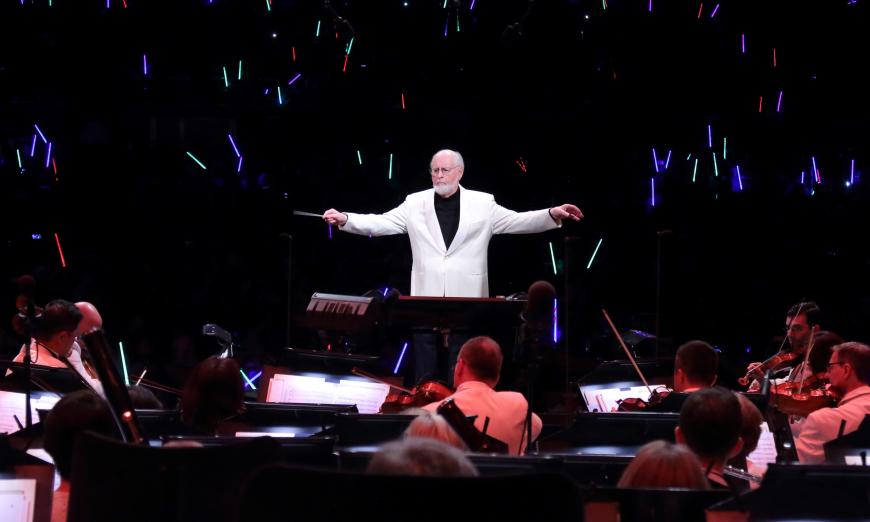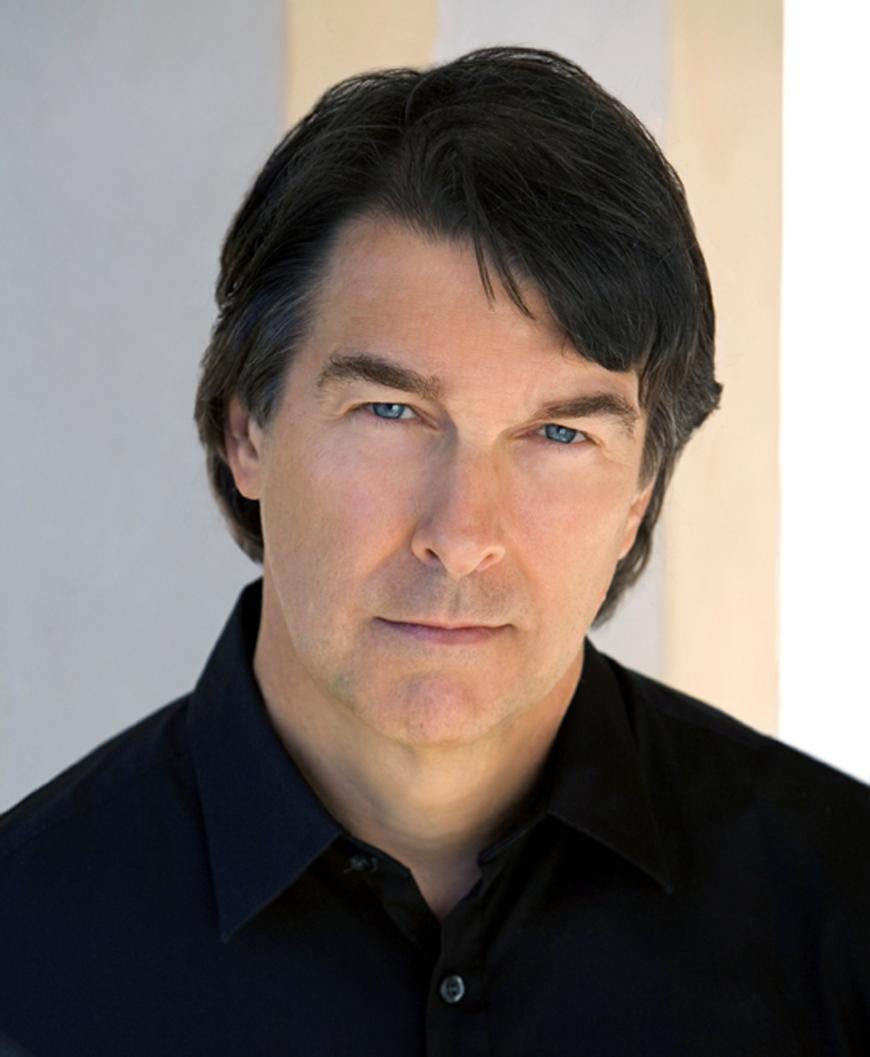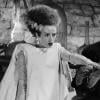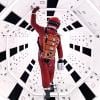
No, they didn’t play Star Wars. In fact, they didn’t play much John Williams at all — an odd choice for a concert billed as a “John Williams Spotlight.”
Turns out, Williams merely curated the selections for Friday night’s Los Angeles Philharmonic concert, a survey of cinema music from the past century. Misleading marketing aside, the show was fast-paced and entertaining, packing the punch of a pops concert in the superior comforts of Walt Disney Concert Hall.
David Newman conducted, kicking off the night with, of course, his father Alfred’s rousing “20th Century Fox Fanfare.” Newman told charming stories from the podium, gave random bits of historical context, and waxed poetic about the art of film music, citing Williams’s speech at the Sony Pictures music building dedication a couple weeks ago, in which the maestro dared the audience to mute the audio while watching Gene Kelly dance in Singin’ in the Rain. Without music, Kelly looks boxy and heavy, but when you turn the music back on, he suddenly looks elegant and airless again. “The art of film music is kind of invisible,” Newman said.

The bifurcated program — containing music from the Golden Age of Hollywood (roughly the 1930s to the 1960s) in part one and more modern selections in part two — offered a tableau of cinematic music over the decades, and without accompanying video, one could not help but compare these late-Romantic- and modernist-sounding scores to the likes of Pyotr Tchaikovsky, Igor Stravinsky, and Ralph Vaughan Williams, whose influence can be heard in them. The screenless presentation made it easier to note the structural and methodological differences between the various movie scores, composers, and concert arrangements.
Newman gave an excellent introduction to Bernard Herrmann’s “Scène d’Amour” from Alfred Hitchcock’s Vertigo (1958), providing both narrative context and pointing out an interplay between the first and second violins. The strings were on lush display, evoking the protagonist’s amorous obsession through exorbitant dynamic swells and a tempestuous rubato-laden theme, intimating danger toward the end with raspy timbre changes. Not all of the grace-note turns held together in the violins, and Newman hummed loudly throughout the piece.
Without their filmic context, the romantic selections were too repetitive and saccharine — among them “Cathy’s Theme” from William Wyler’s Wuthering Heights (1939, score by Alfred Newman), the Main Title from Sergio Leone’s Once Upon a Time in the West (1968, Ennio Morricone), and “The Night Window” from Sam Mendes’s 1917 (2019, Thomas Newman) — but the experience is different if you hear these pieces in the thrall of cinematic experience.
Williams’s decision to include the Main Title from Michael Curtiz’s Captain Blood (1935, Erich Wolfgang Korngold) — one of the first big orchestral film scores — was good choice over Korngold’s more famous score to The Adventures of Robin Hood (1938). In performance, the suites (especially of Franz Waxman’s score to Billy Wilder’s Sunset Boulevard [1950] and of Maurice Jarre’s to David Lean’s Lawrence of Arabia [1962]) tended to make more interesting concert pieces than the various main titles or discrete scenes.
The best part of the concert — and it wasn’t even close — was excerpts from Williams’s score to Steven Spielberg’s Close Encounters of the Third Kind (1977), which emerged in the second half of the program like a revelation. Korngold, Miklós Rózsa, and Herrmann may have established what the orchestra can do for a film score, but with Close Encounters, Williams pushes every parameter to a more expressive, more fluent level. “It just flipped us out,” Newman exclaimed, recounting the wonderment he felt the first time hearing the opening of Close Encounters in the theaters.
Whereas many pieces on the program contained memorable themes with calculable transitions, Williams’s music grabbed your hand and swirled you into an unpredictable vortex of mystery and whimsy. This concert wasn’t a spotlight on his music, but the juxtaposition between Williams’s work and the others’ inadvertently put the spotlight back on him anyway; more than anyone else’s on the program, Williams’s music is suited for the concert hall.
During his preconcert talk, Brian Lauritzen reflected on Williams’s star power — the sheer outsized impact that his body of work has had. “We may not see this again,” Lauritzen mused, and he’s likely right. “A Century of Film Music” is a perfectly good pitch for a series without Williams’s name attached, but having heard Close Encounters, you may find yourself wanting yet another in-depth showcase of this singular composer’s music.




